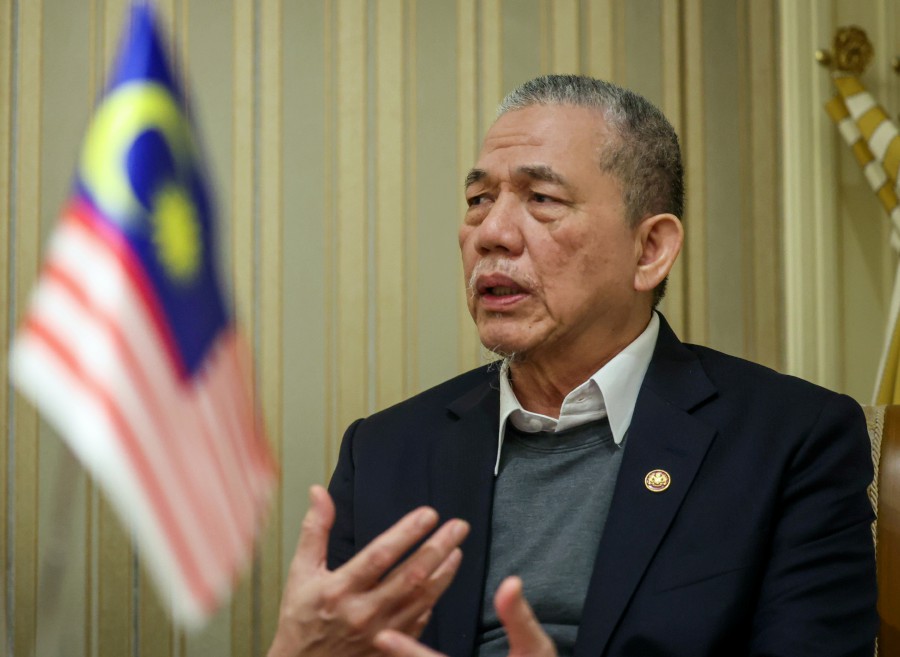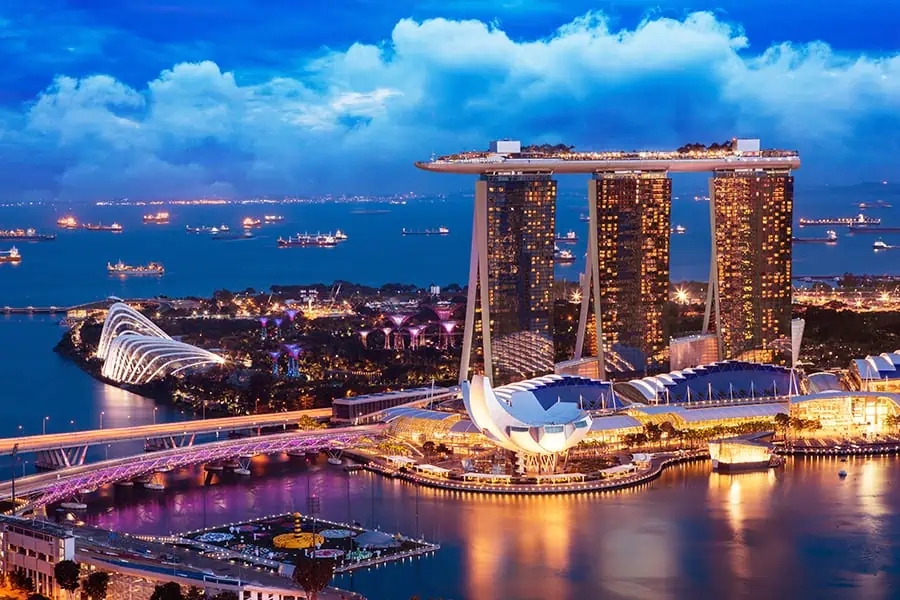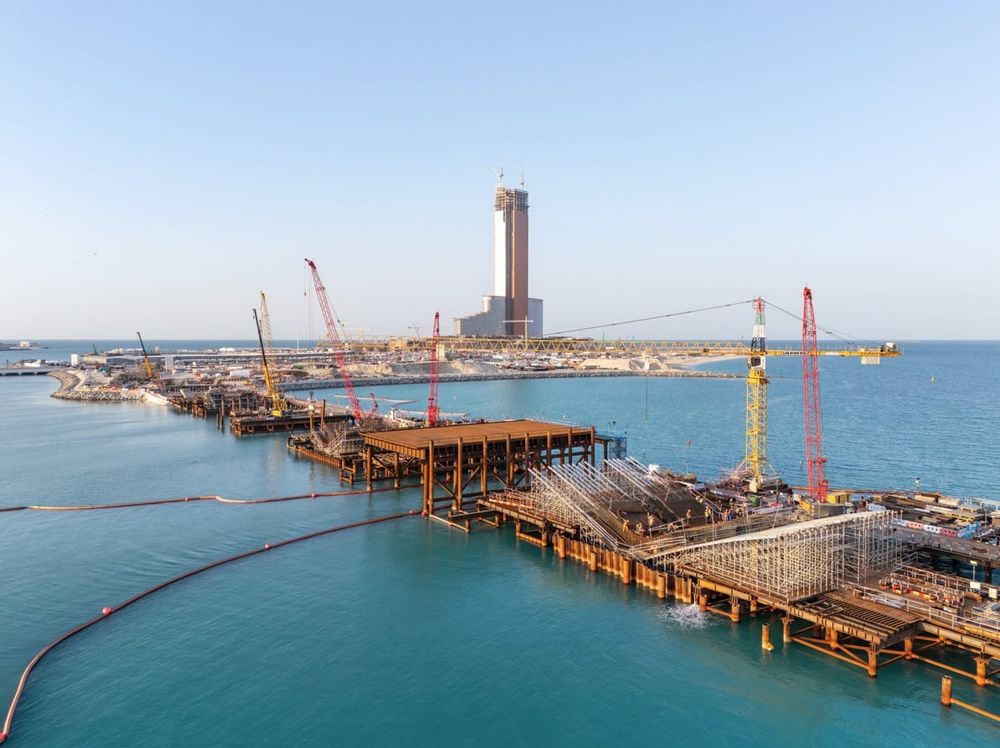Thailand is stepping cautiously into the global gaming spotlight. While the government officially recognized poker as a sport last week, it also withdrew its high-profile Entertainment Complex Bill, postponing the broader casino legalization push that had excited regional investors.
The dual move has sent mixed signals to the global gaming community. On one hand, poker tournaments are now fully legal and regulated under the Sports Authority of Thailand — aligning them with chess and bridge and giving the country access to the lucrative mind sports tourism market. On the other hand, the dream of creating an Asian “Las Vegas” in Bangkok is on hold due to political and social resistance.
Diamond

On July 26, the Sports Authority of Thailand classified poker as an official sport, opening the door for local leagues, international competitions, and sponsorship deals. Industry insiders see this as a critical step toward destigmatizing card-based games in the Thai cultural context.
“This changes everything,” said a poker operator based in Phuket. “It means we can host professional events, attract foreign players, and operate within the law.”
Earlier this year, the proposed Entertainment Complex Bill aimed to allow fully licensed casino resorts in major cities like Bangkok and Pattaya. These integrated complexes promised $3 to $6 billion in annual tourism income, generating up to THB 40 billion in taxes. However, after mounting public pressure and internal Cabinet reshuffles, the bill was quietly shelved on July 9.
“The timing wasn’t right,” admitted one government insider. “We’ll revisit this when there’s broader consensus.”
Neighboring countries like Singapore, the Philippines, and Cambodia already operate profitable gaming destinations. Analysts warn that Thailand may miss out on a wave of post-COVID Chinese tourism if legal frameworks remain in limbo. “Without clear policy, Thailand risks losing billions to its neighbors,” noted a Macau-based investment advisor. “Investors are watching — but they won’t wait forever.”







































